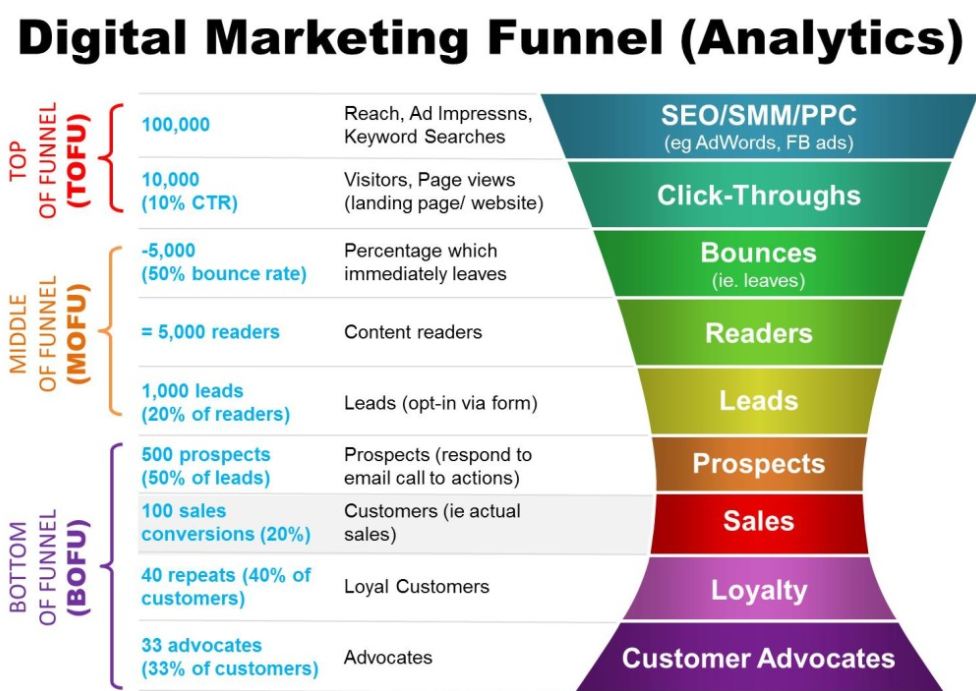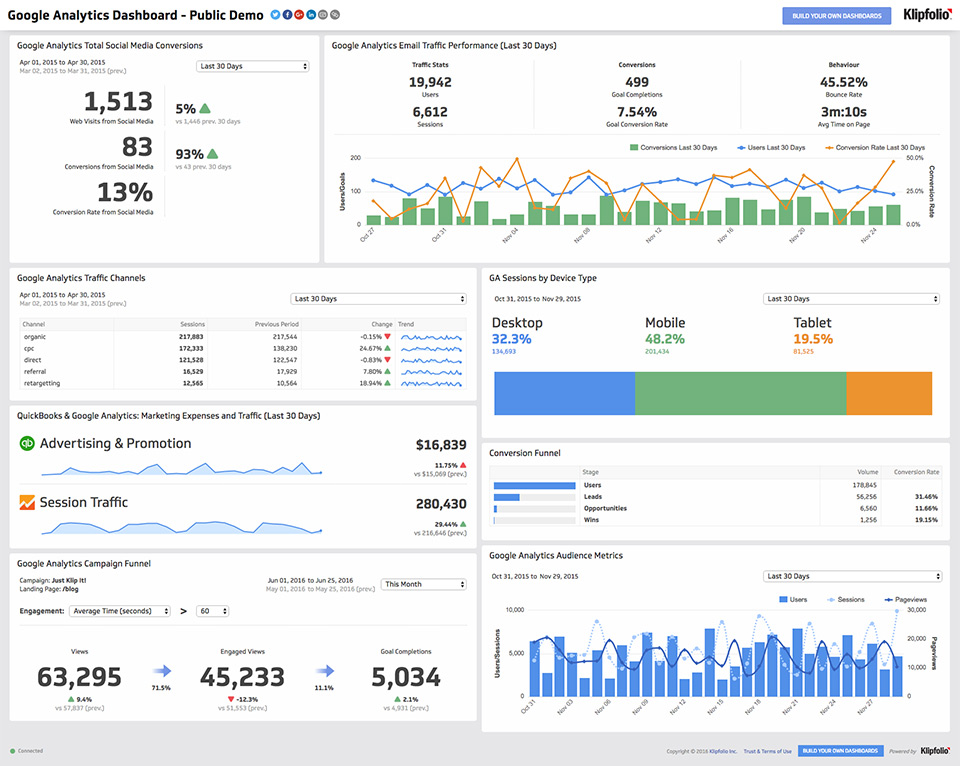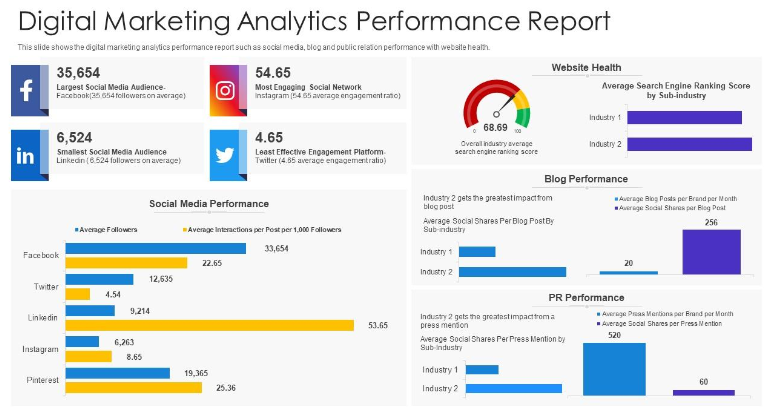
In the world of digital marketing, analytics play a vital role in measuring the success of marketing campaigns and optimizing future strategies. Digital marketing analytics involves the collection, analysis, and interpretation of data to gain insights into the performance of various marketing efforts. By leveraging this information, businesses can make data-driven decisions, implement improvements, and achieve their marketing objectives effectively. This guide will delve into the concept of digital marketing analytics and provide insights into the best ways to utilize them.
Digital marketing analytics encompasses the process of tracking and measuring diverse metrics across different marketing channels. These metrics can include website traffic, user engagement, conversion rates, social media interactions, and more. With an abundance of tools available, marketers can easily gather this data and derive meaningful insights. The primary goal of digital marketing analytics is to measure the effectiveness of campaigns and identify areas for improvement.
To make the best use of digital marketing analytics, it is crucial to follow a well-defined process. Here is a step-by-step guide to optimize your digital marketing efforts:
1. Define measurable goals: Before diving into analytics, outline your marketing objectives clearly. It could be increasing website traffic, improving conversion rates, boosting social media engagement, or any other relevant goals. Clearly defined goals help to align your analytics efforts in the right direction.
2. Select appropriate analytics tools: Choose reliable analytics tools that cater to your specific goals and requirements. Google Analytics is one of the most popular and comprehensive tools available, offering a wide range of essential metrics.
3. Set up tracking mechanisms: Integrate the analytics tools with your website, social media platforms, and any other relevant channels. Proper configuration ensures accurate data collection and tracking.
4. Identify key performance indicators (KPIs): Determine the KPIs that align with your goals. These could include metrics such as website traffic, bounce rate, average session duration, click-through rate, conversion rate, and more. Focus on KPIs that directly impact your marketing objectives.
5. Analyze data and derive insights: Regularly monitor your analytics data and interpret the results. Look for patterns, trends, and anomalies that provide insights into the performance of your marketing campaigns. Analyzing data helps you understand what is working well and what needs improvement.
6. Optimize marketing strategies: Based on the insights gained from analytics, make data-driven decisions to optimize your marketing strategies. Identify the areas that require improvement and implement suitable changes to enhance campaign performance.
7. Track progress and refine: Continuously track the impact of your optimization efforts and refine your strategies accordingly. Regularly analyze new data and make necessary adjustments to ensure long-term success.
8. Stay informed about industry trends: Keep yourself up to date with the latest developments and trends in digital marketing analytics. Attend industry conferences, read blogs, and follow thought leaders to stay informed. This knowledge will help you stay ahead of the competition and make more informed decisions.
Remember, digital marketing analytics is an ongoing process. Continuously monitoring, analyzing, and optimizing your strategies will result in higher campaign performance, improved ROI, and ultimately, success in achieving your marketing objectives.
By utilizing digital marketing analytics effectively, businesses can gain a competitive edge, refine their strategies, and achieve optimized results. With a data-driven approach, marketers can make informed decisions and steer their marketing efforts in the right direction. So, harness the power of digital marketing analytics and unlock the true potential of your marketing campaigns.





